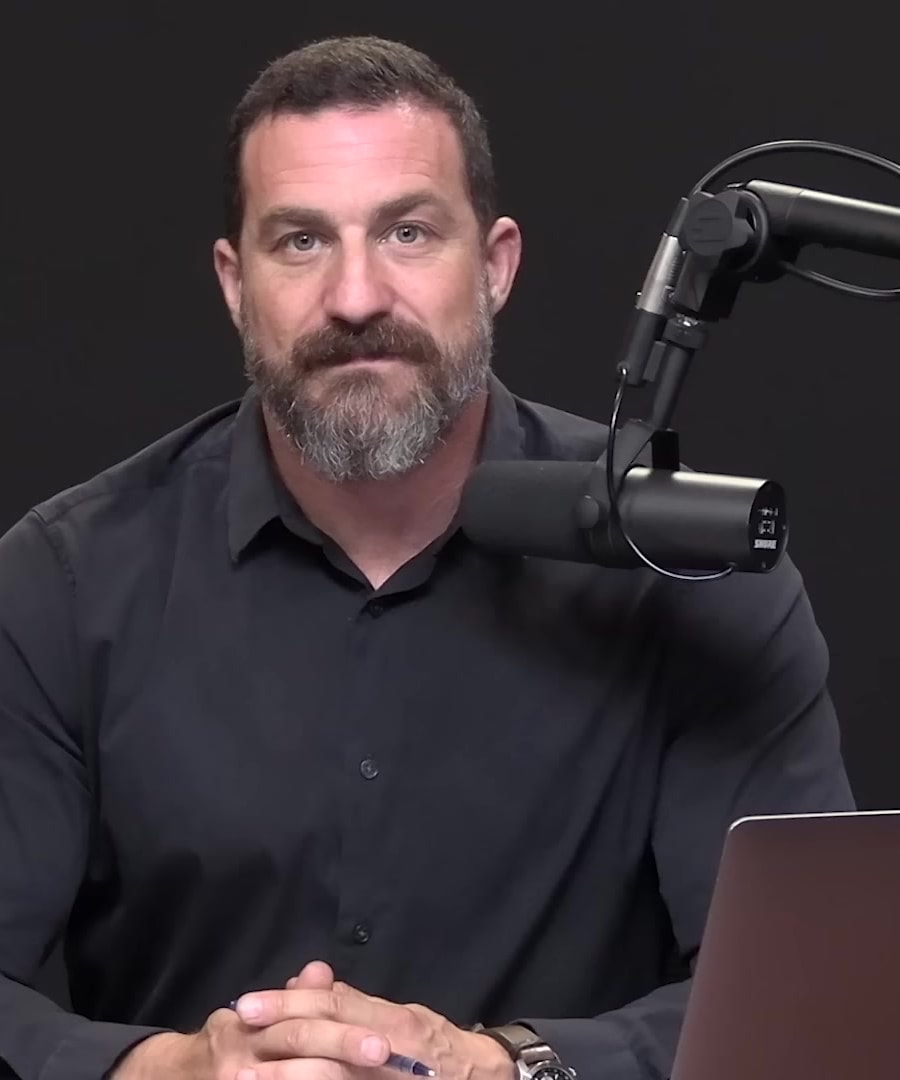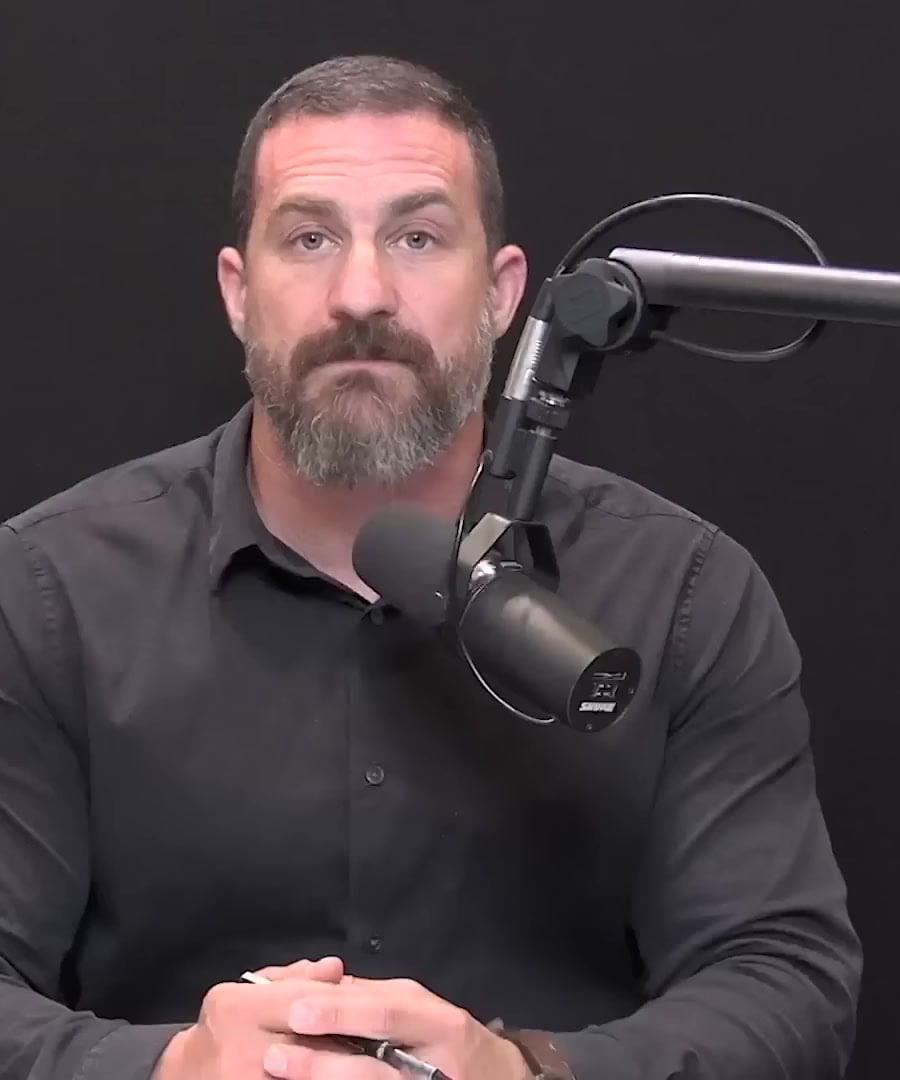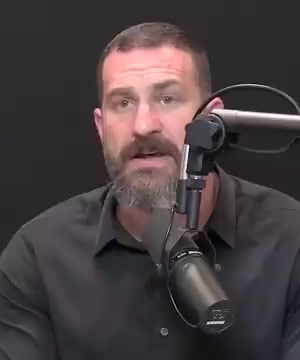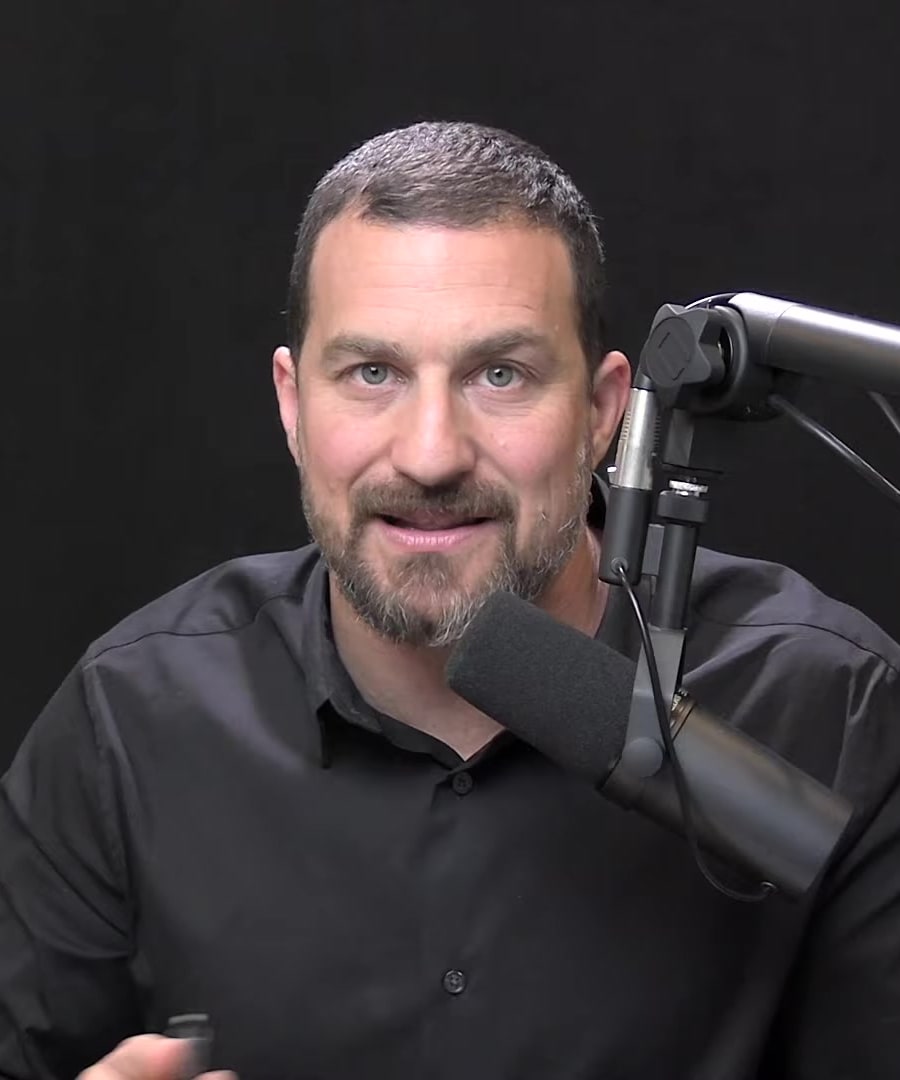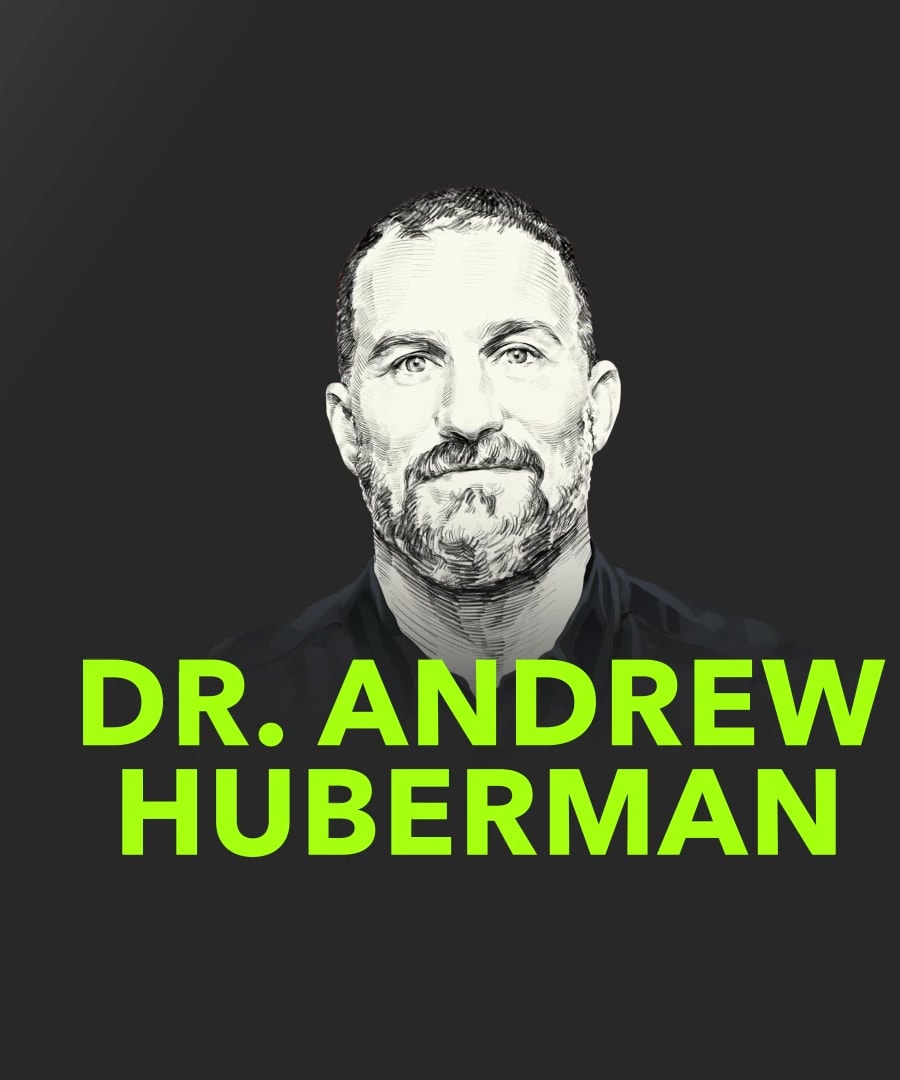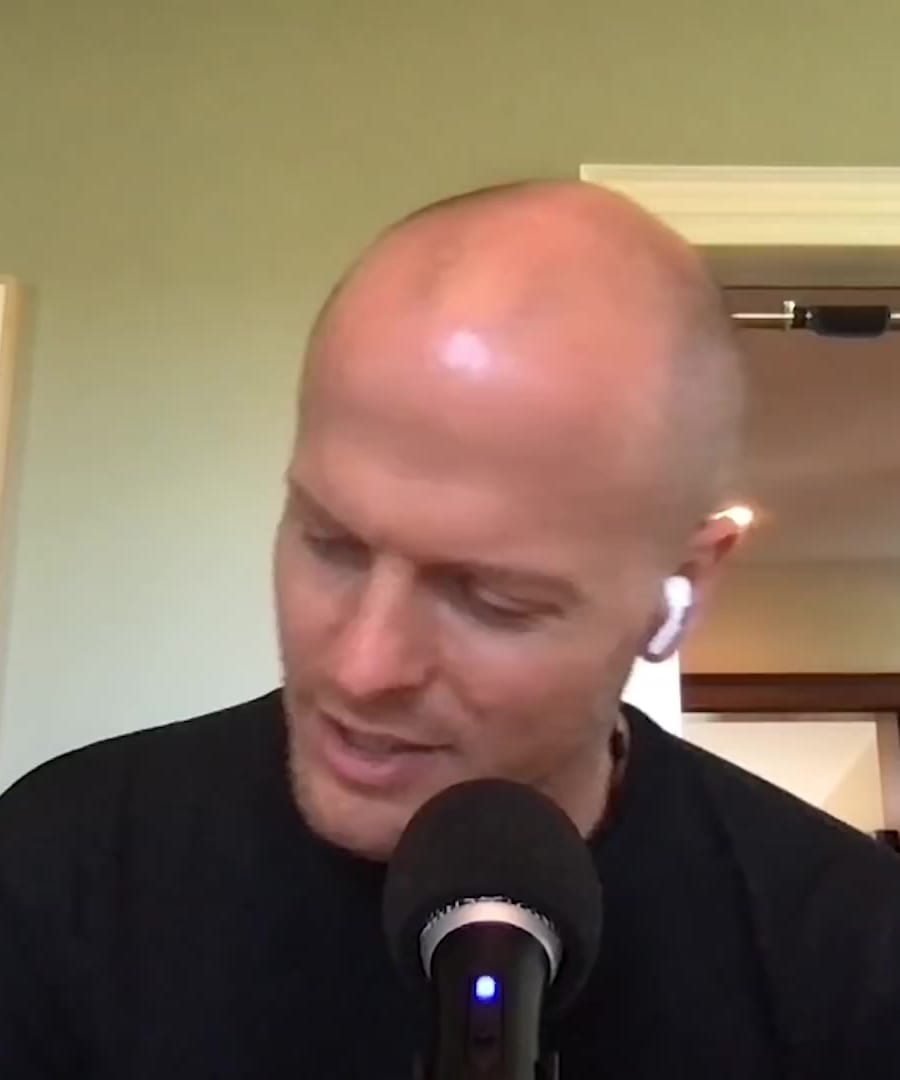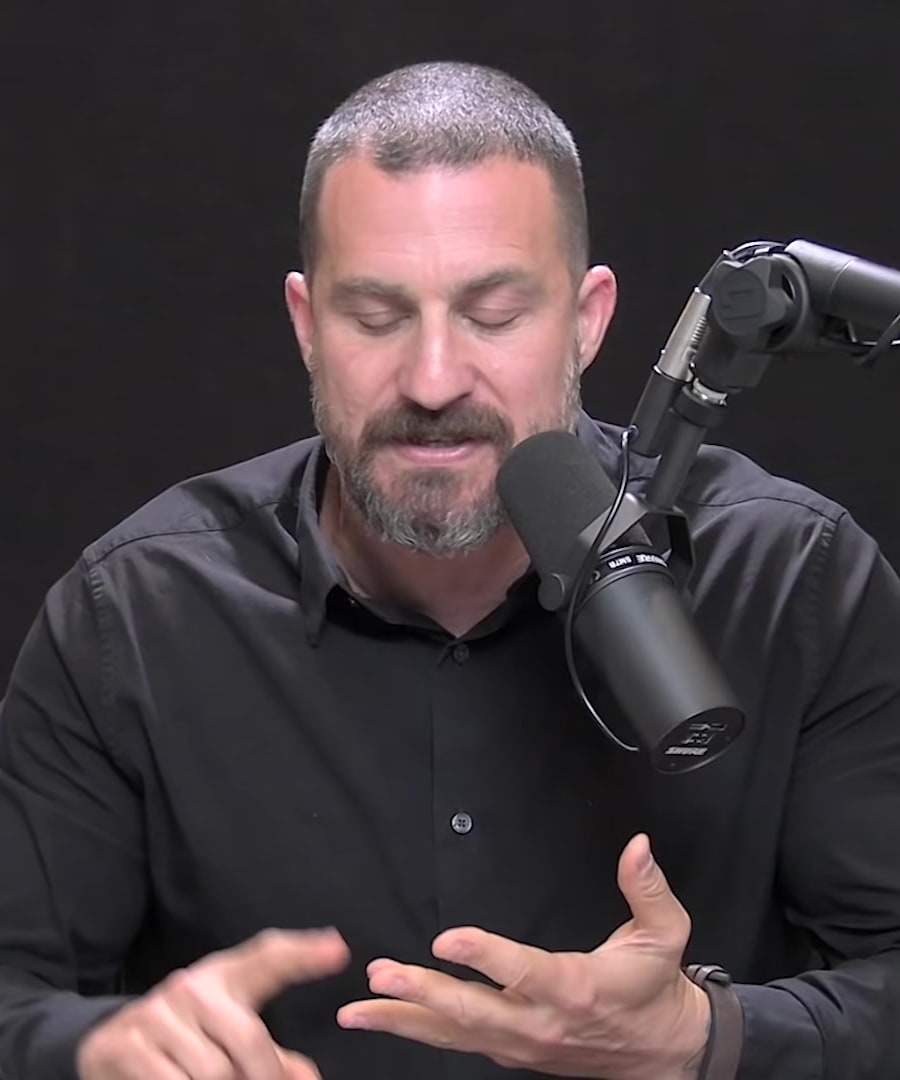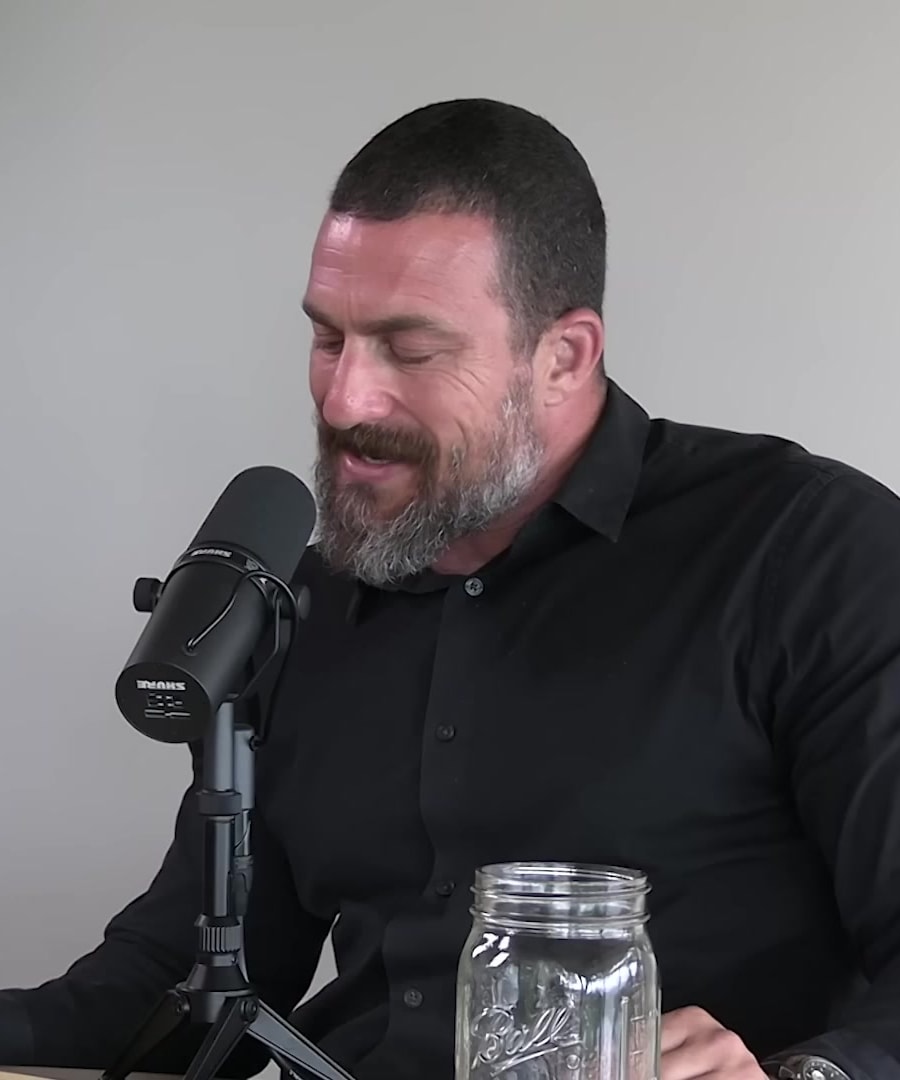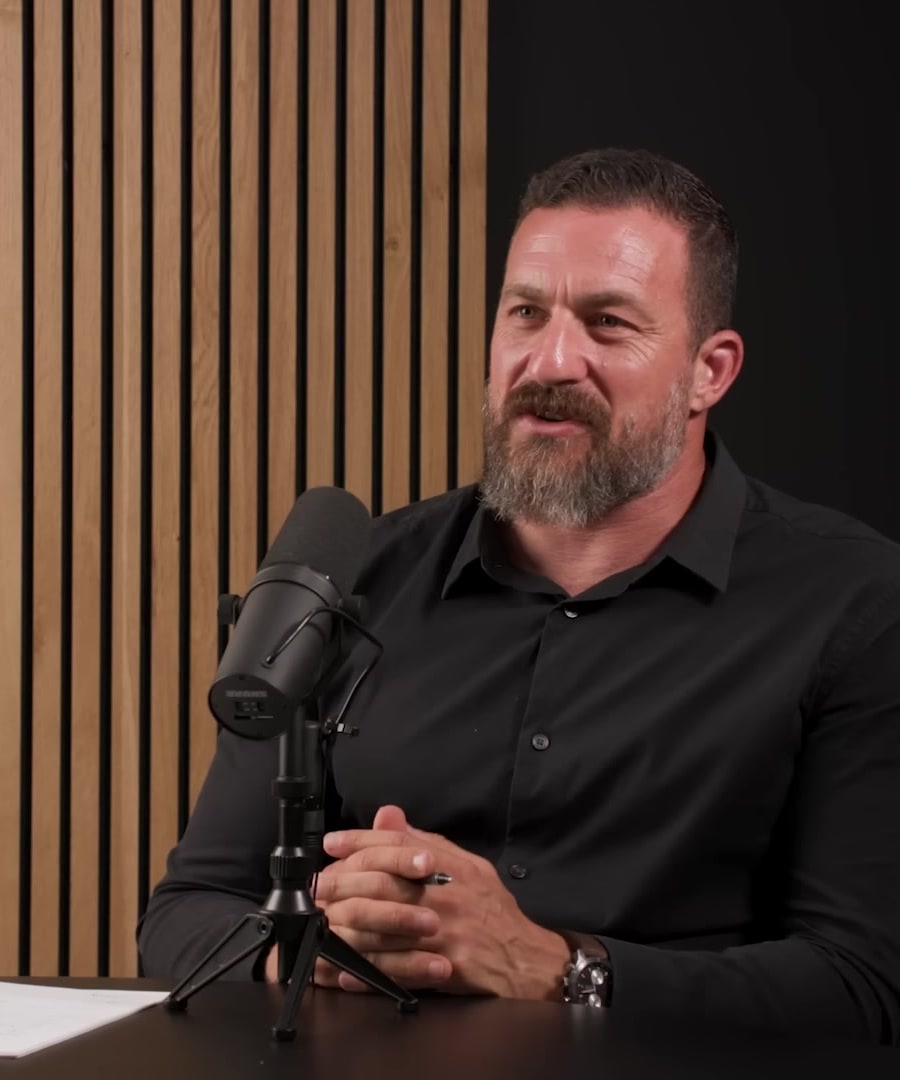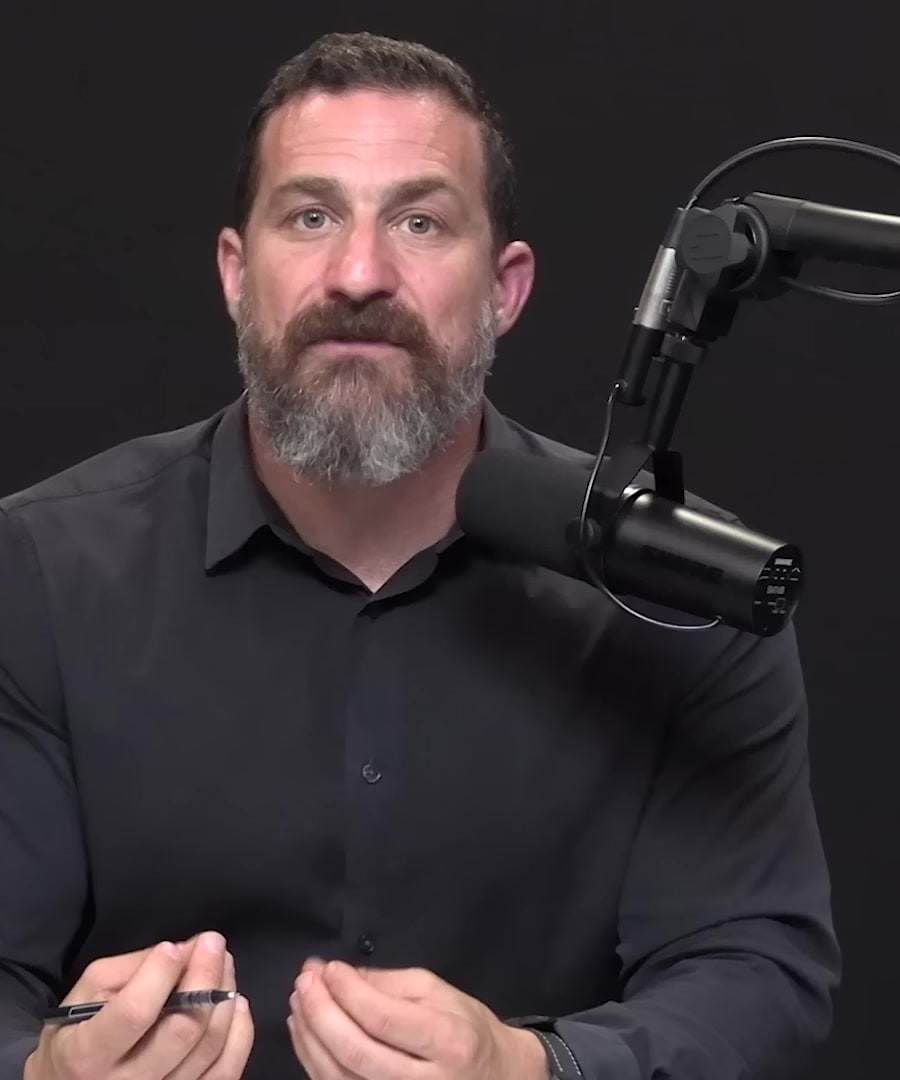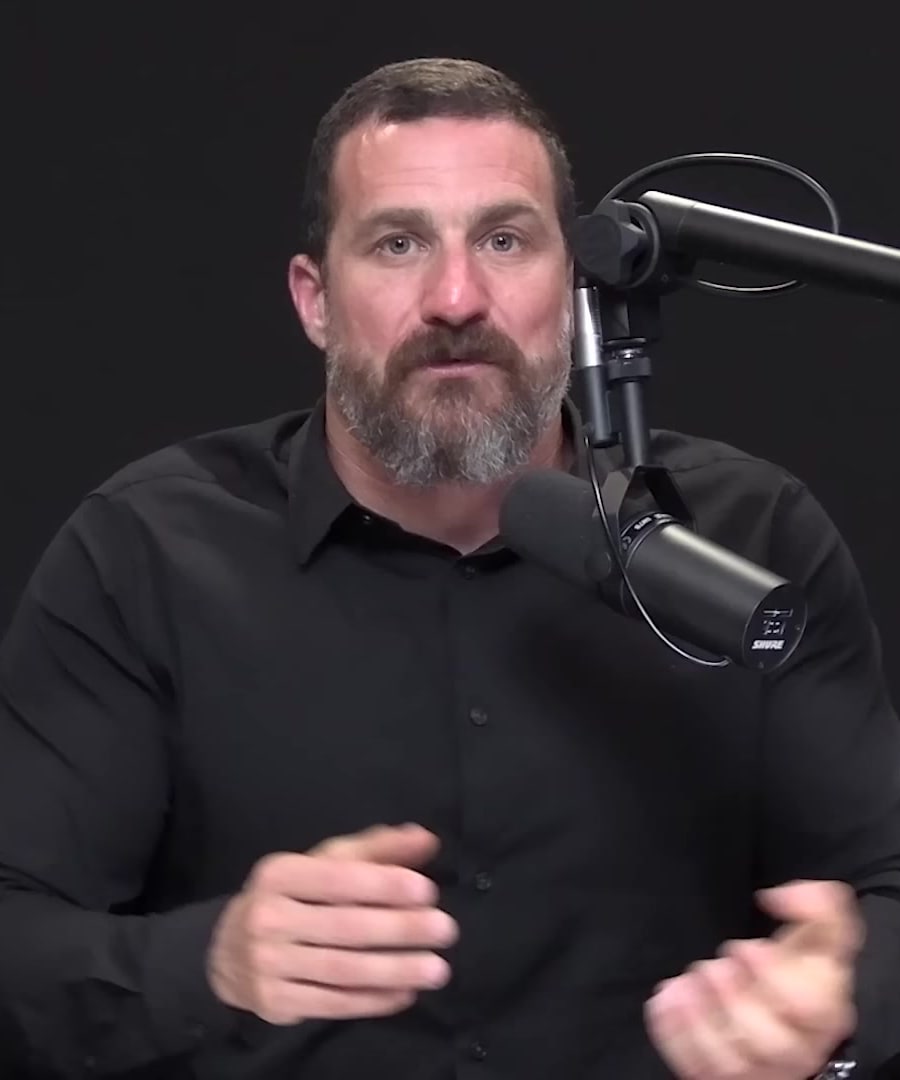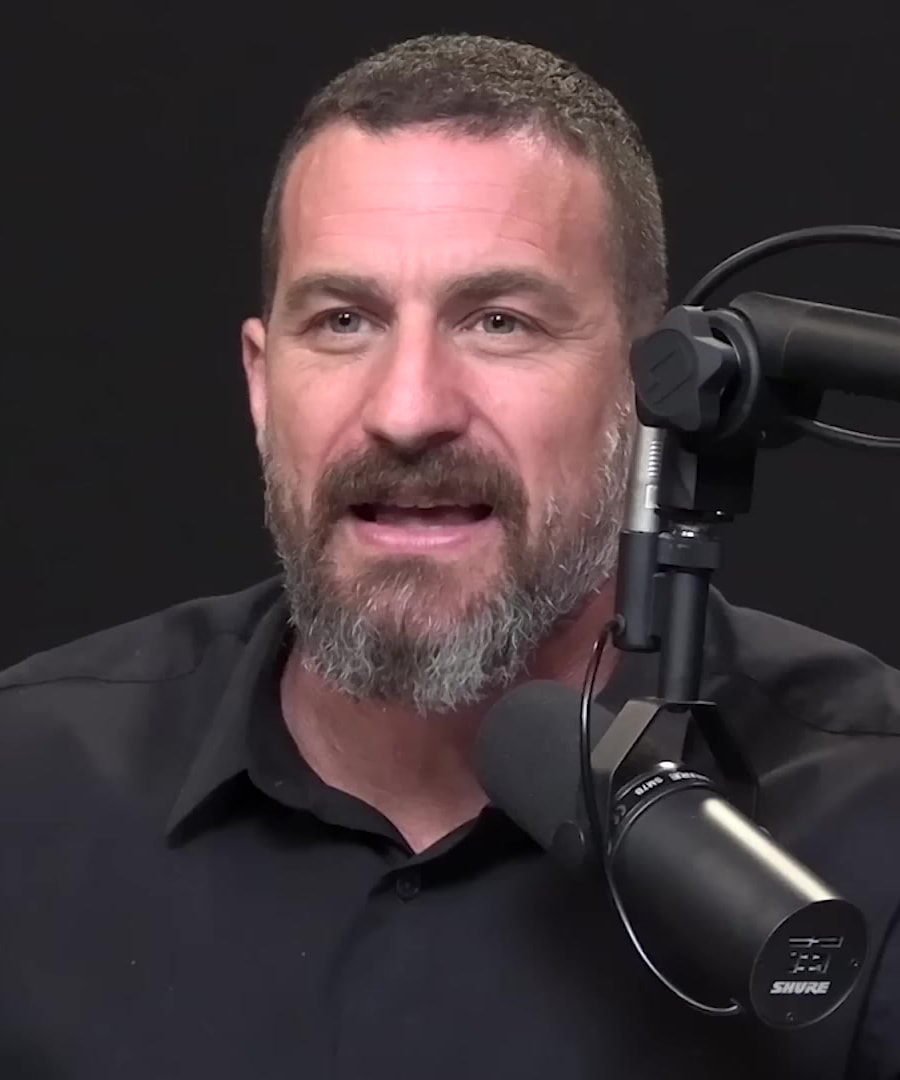What is Huberman's view on grounding?
Sources:
has discussed the practice of grounding, which is the concept of placing one's feet directly on the Earth's surface, such as soil or grass. The theories behind this practice involve the exchange of electrons with the Earth and the importance of tactile sensations. While acknowledges there's some evidence for grounding, he also indicates that the scientific evidence is not very strong. The benefits observed in studies could not be conclusively attributed to ion exchange with the Earth or the tactile aspect of being barefoot on the ground. He suggests that, despite the lack of robust scientific support, if grounding feels good to someone, they should feel encouraged to continue the practice, especially if it's combined with beneficial activities like getting sunlight and being outdoors 1.
Overall, supports the myriad positive effects on mental and physical health that come from spending time outdoors in nature—whether grounding is a part of that practice or not 2.
He also touches on the concept of "grounding" in the psychological context, asserting that while the scientific evidence for physical grounding through contact with the Earth is limited, the act of grounding oneself psychologically by focusing on external aspects can be a helpful strategy to change one's focus during stress or panic 3.
RELATED QUESTIONSWhere can I find NSDR protocols?
Sources:
NSDR (Non-Sleep Deep Rest) protocols are practices that lead to a state of deep relaxation, recovery, and improvement in sleep. has discussed various NSDR protocols, including their benefits for brain function, stress reduction, sleep enhancement, and neuroplasticity. He also shared a free NSDR script, available on YouTube for users to access. The script he refers to, read by Dr. Huberman himself, can be found by searching 'Huberman' and 'NSDR' on YouTube 1.
Moreover, practices NSDR daily and suggests that NSDR can serve as an effective non-sleep substitute for sleep restoration, being beneficial even during the day or first thing in the morning if a user did not achieve adequate rest the previous night 2 3. He emphasizes that NSDR protocols can be used any time you have the opportunity, as they can help you engage the parasympathetic nervous system and foster a calm state 3.
NSDR protocols not only involve low-cost, research-backed methods like yoga nidra and hypnosis, but they're also presented in a more accessible language to make them approachable to a wider audience 4 5.
It is important to note that the term NSDR, one coined by Dr. Huberman, serves as a more general term to encompass various deep rest practices. Whether through specific actions like long exhale breathing or simply lying down and following a guided script, NSDR practices aim to train the brain and body in rest and recovery, potentially enhancing focus, reducing stress, and aiding sleep 6. For more detailed instructions or guidance on NSDR, users can refer to various episodes and resources mentioned by Dr. Huberman himself.
RELATED QUESTIONSWhat peptides does Huberman recommend?
Sources:
has discussed various peptides and their potential applications in multiple episodes of the . Here is a summary of the recommendations and discussions surrounding peptides:
-
Peptides for Growth Hormone (GH) Release: Peptides like sermorelin, ipamorelin, and tesamorelin are sometimes utilized to increase GH and IGF-1 levels, which can improve recovery time, healing rates, and potentially fat loss 1. However, due to the lack of substantial clinical trials and control groups outside of prescription use, there is caution advised due to potential risks and individual responses 2.
-
Peptides for Sexual Function: Apart from those that stimulate GH, Dr. Huberman also mentioned peptides related to a melanocyte-stimulating hormone that can increase sexual desire and are FDA-approved for this use in women, and potentially used off-label for men 3.
-
Peptides in Clinical Practice: Peptides should ideally be prescribed by doctors and several are FDA approved for specific conditions, such as lipodystrophy. Tessa Moralin, for example, is FDA approved for redistributing body fat in certain conditions 4.
-
Safety and Sourcing: There's a strong emphasis on the safety of peptides, including concerns about sourcing from online or gray markets, which might be contaminated with lipopolysaccharides or other contaminants. It's stressed that peptides should be obtained through prescription 5.
Be mindful that many of these discussions involve cautionary advice regarding obtaining peptides, the necessity of consultation with healthcare professionals, and only using those FDA-approved or prescribed by doctors for specific uses. Peptides remain an active area of interest and research with potential applications, but also with recognized need for careful consideration due to the variety of effects and potential risks.
RELATED QUESTIONS-
What peptides does Huberman take?
Sources:
tried the peptide somarellin, which he took before sleep on an empty stomach. He mentioned that it resulted in a deep but truncated sleep, with intense dreams, and he did not find it to significantly help with exercise recovery or fat loss. It was a prescribed usage for the purpose of researching a book. Given the mixed benefits and individual responses, he has mentioned only occasional use of this peptide 1.
Please consult a healthcare professional for advice tailored to your specific situation before considering any peptide or hormone treatments.
RELATED QUESTIONSHow can I improve my HRV?
Sources:
Improving heart rate variability (HRV) can be achieved through several methods discussed by . These include:
- Regular cardiovascular and resistance exercise to enhance HRV 1.
- Quality sleep each night also positively contributes to HRV 1.
- Utilizing respiratory sinus arrhythmia, which involves controlling the heart rate through a specific breathing pattern—inhaling speeds the heart up, while exhaling slows it down 2.
- The physiological sigh, which is a specific breathing technique practiced for five minutes a day, improves mood and autonomic function, related to sleep and HRV 3.
- Controlling the balance and vigor of inhales and exhales during breathing exercises affects HRV. Inhales tend to increase heart rate, and exhales decrease it 4.
The relationship between breathing and HRV is due to the role of the vagus nerve and parasympathetic nervous system, which control heart rate variability through respiration. Incorporating these practices can help improve HRV and contribute to overall physical and mental health. Always consult with a healthcare professional before starting any new exercise or breathing regimen to ensure it is appropriate for your health circumstances.
RELATED QUESTIONSwhat supplements should kids take?
Sources:
When considering supplements for children, suggests that ensuring kids get enough omega-3 fatty acids, which can be beneficial for their development, is important. These can be found in food sources, but some parents choose to supplement on top of that 1.
However, cautions against the use of melatonin in children due to the fact that melatonin levels are naturally higher in children and supplementation can be potentially harmful 1.
For children with ADHD, a study discussed by found acetyl L-carnitine might improve some symptoms of ADHD in children aged 6 to 13. The study was conducted as a randomized double-blind placebo-controlled trial and showed significant reductions in aggressive behavior and delinquency 2.
It's generally recommended to exercise caution regarding supplements that affect hormone enhancement in children, especially during the developmental period up to and beyond puberty, unless a healthcare professional advises otherwise 1. Always consult with a physician or a registered dietitian to receive personalized advice and to ensure the safety and appropriateness of any supplement for a child's specific needs and health status.
RELATED QUESTIONS
What is Huberman's view on grounding?
- RELATED QUESTIONS
Where can I find NSDR protocols?
- RELATED QUESTIONS
What peptides does Huberman recommend?
- RELATED QUESTIONS
What peptides does Huberman take?
- RELATED QUESTIONS
How can I improve my HRV?
- RELATED QUESTIONS
what supplements should kids take?
- RELATED QUESTIONS

